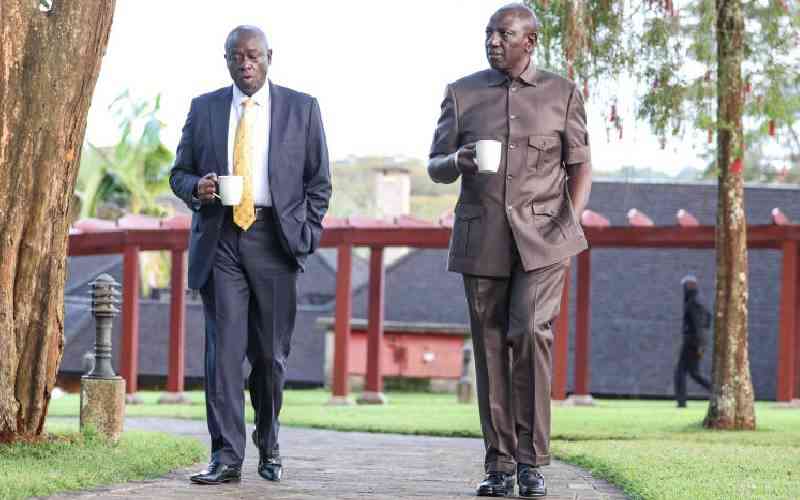
In his 2013 book titled, 'Unapologetically You: Reflections on Life and the Human Experience,' Dr Steve Maraboli, a behavioural science academic, says something that we should direct to the Kenya Kwanza government - "It's time to care; it's time to take responsibility; it's time to lead; it's time for a change; it's time to be true to our greatest self; it's time to stop blaming others."
Before I speak my mind, allow me to give a background which is undoubtedly in the public domain. This week, a clip from July 2, 2005, was doing rounds on social media in which Uhuru Kenyatta, the then official opposition leader and Kanu chairman, was recorded castigating the Kibaki Cabinet ministers who blamed their inability to deliver on "inherited empty coffers from the former government".